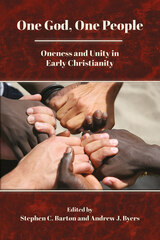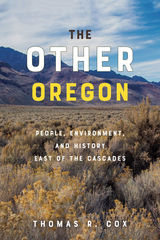3 start with O start with O


Opera for the People was first published in 1951. Minnesota Archive Editions uses digital technology to make long-unavailable books once again accessible, and are published unaltered from the original University of Minnesota Press editions.
Everyone who enjoys opera will enjoy this book, and many who think they don't like opera will be delighted to discover how they can enjoy it. As Herbert Graf points out, opera in America today is not all it could be, and he shows how opera can be developed into something more vital—a real force in the musical life of communities.
As the long-time stage director of the Metropolitan Opera community, Dr. Graf is a foremost authority on opera production. From his wealth of practical experience, from his careful study of what others have done, and from his creative yet realistic thinking come his challenging proposals for a new kind of opera in America—opera for everyone.
The elements of opera production—the libretto, the music, the language, the sponsorship, the staging, the building—are discussed. American opera as it is performed on Broadway, in community civic companies, in school workshops, in motion pictures, and in television is surveyed. In conclusion, Dr. Graf draws his exciting blueprint for the opera of the future.
Illustrative anecdotes provide sidelights on many gamed musical personalities—Bruno Walter, Kurt Weill, Benjamin Britten, Lawrence Tibbett, Oscar Hammerstein II, and Gian Carlo Menotti, to name a few. Stories of many of the newer operas—how they came to be written and what they are about—are related.
Music lovers who yearn for a "new deal" in opera, civic leaders anxious to develop opera in their own communities, and schools and colleges offering opera training will find this book a stimulating guide.

With a staggering variety of landscapes, from high desert to alpine peaks, Oregon east of the Cascades encompasses seventeen counties and two time zones. Although this vast region defies generalization, its history is distinct from the rest of Oregon. The interrelationship between its people and the land has always been central, but that relationship has evolved and changed over time. Regional economies that were once largely exploitive and dedicated to commodity exports have slowly moved toward the husbanding of resources and to broader and deeper appreciations.
Historian Thomas Cox reveals the complexity of interactions between the people of Eastern Oregon, the land, natural resources, and one another, demonstrating how the region’s history speaks to larger American issues. The 2016 occupation of the Malheur National Wildlife Refuge, covered in detail within these pages, further reveals the relevance of Eastern Oregon to the larger world.
Written in clear and engaging prose and informed by extensive research, The Other Oregon will be a valuable resource for anyone interested in the environment, social change, and the relationships among the diverse people who make up Oregon society east of the Cascades. It will appeal to area residents and visitors, students of the American West, environmental historians, biologists, land managers, and anyone with an abiding interest in the region.
READERS
Browse our collection.
PUBLISHERS
See BiblioVault's publisher services.
STUDENT SERVICES
Files for college accessibility offices.
UChicago Accessibility Resources
home | accessibility | search | about | contact us
BiblioVault ® 2001 - 2024
The University of Chicago Press









